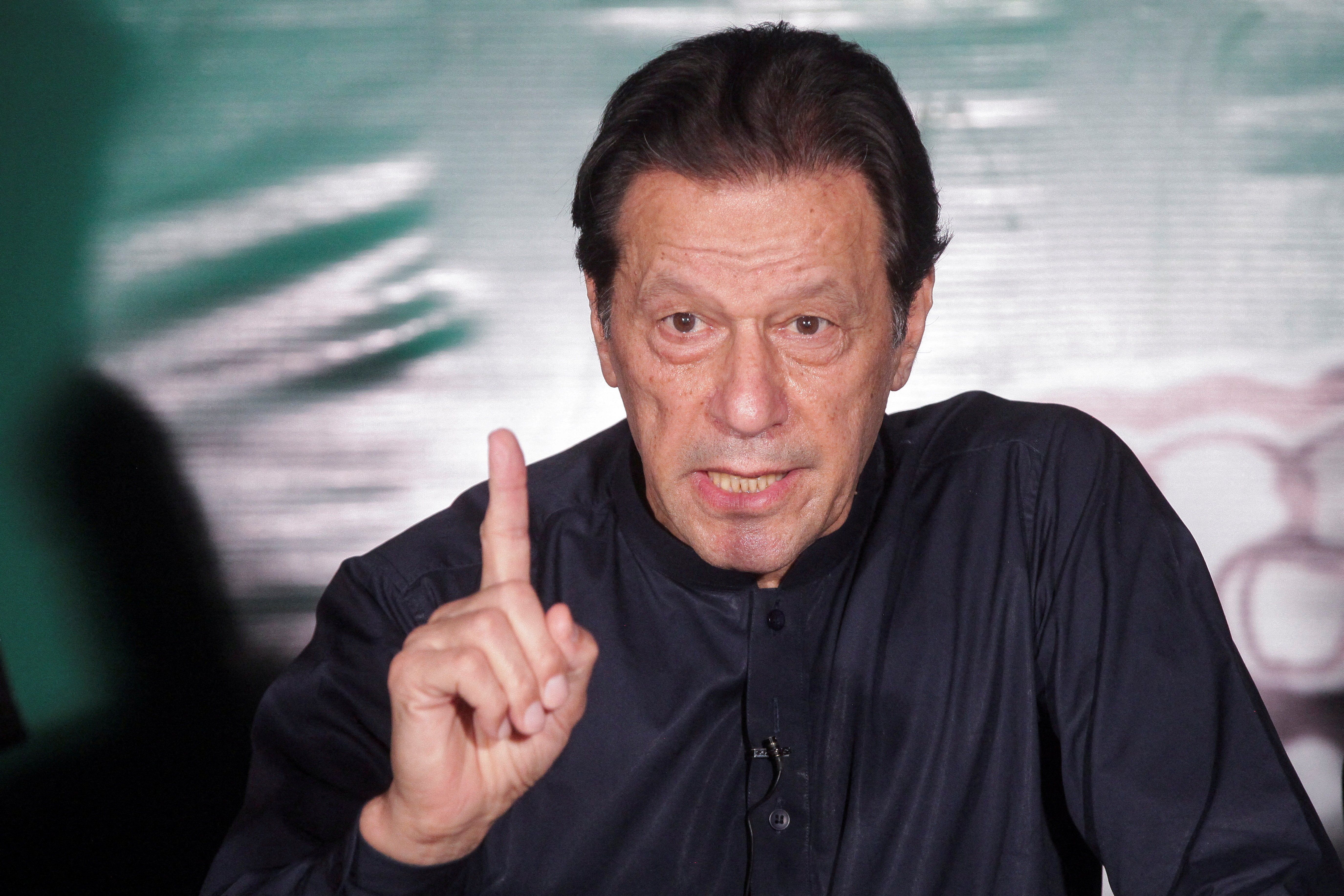Pakistan’s dysfunctional politics took another turn on Tuesday when an appeals court suspended former PM Imran Khan’s sentence and three-year jail term for allegedly selling state gifts during his tenure. However, that same court has not overturned that conviction and will decide on whether to set it aside at a later, unspecified date.
Quick background. Khan, the former cricket sensation turned populist politician, was imprisoned earlier this month on graft charges that he says are politically motivated. He was ousted in a no-confidence vote in April 2022, which set the streets on fire. Indeed, polls show that he remains the most popular leader in the country.
The former PM says that the all-powerful military – backed by the US – is behind efforts to block him from power.
Still, Khan, who faces a host of other charges that he denies, has not been released because he faces another hearing on Wednesday related to charges that he revealed state secrets when he waved a government document in the air at a political rally.
So what happens now? Under state law, Khan, who has been banned from running for public office for five years, can only run in Pakistan’s election, set for November, if his criminal convictions are overturned. But this latest decision, which likely allows him to get out of jail while his appeal makes its way through the courts, gives little indication that things are heading that way.